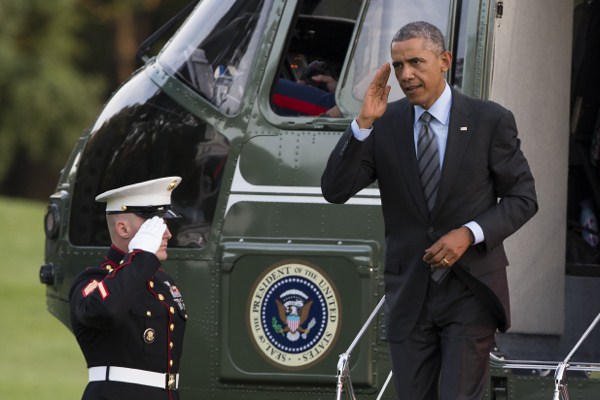After nearly six years in office, the Obama administration has still not found the appropriate balance in its foreign policy rhetoric between making the case for continued U.S. leadership of the international system and encouraging other countries to help lighten America’s load by taking up more of the burden. This is often reflected in the frustration that comes through in the speeches and statements of senior leaders, including those of the president himself, that other states seem to fail to appreciate how endorsing and then providing concrete support to realize a U.S. position in international affairs is in their interest.
In turn, U.S. partners and allies themselves struggle between an unwillingness to be drawn into what are perceived as U.S.-created problems and an equal unwillingness to refuse outright America’s requests for help. They must then calculate what token level of support must be proffered to appease Washington, while minimizing the negative ramifications that might result; the participation of United Arab Emirates fighter jets in airstrikes over Syria comes to mind, as does India's half-hearted compliance with U.S. sanctions on Iran.
Part of the problem is the whiplash that is generated when U.S. statements are considered together in their entirety. A crisis in some part of the world is first described as a present or future major threat to the U.S. requiring decisive action. But then all sorts of limitations on what the U.S. is prepared to do are loudly trumpeted to the American people: no direct U.S. involvement or “boots on the ground,” only indirect support and “leading from behind.” Meanwhile someone else is expected to take to the front lines to deal with the impending crisis.

